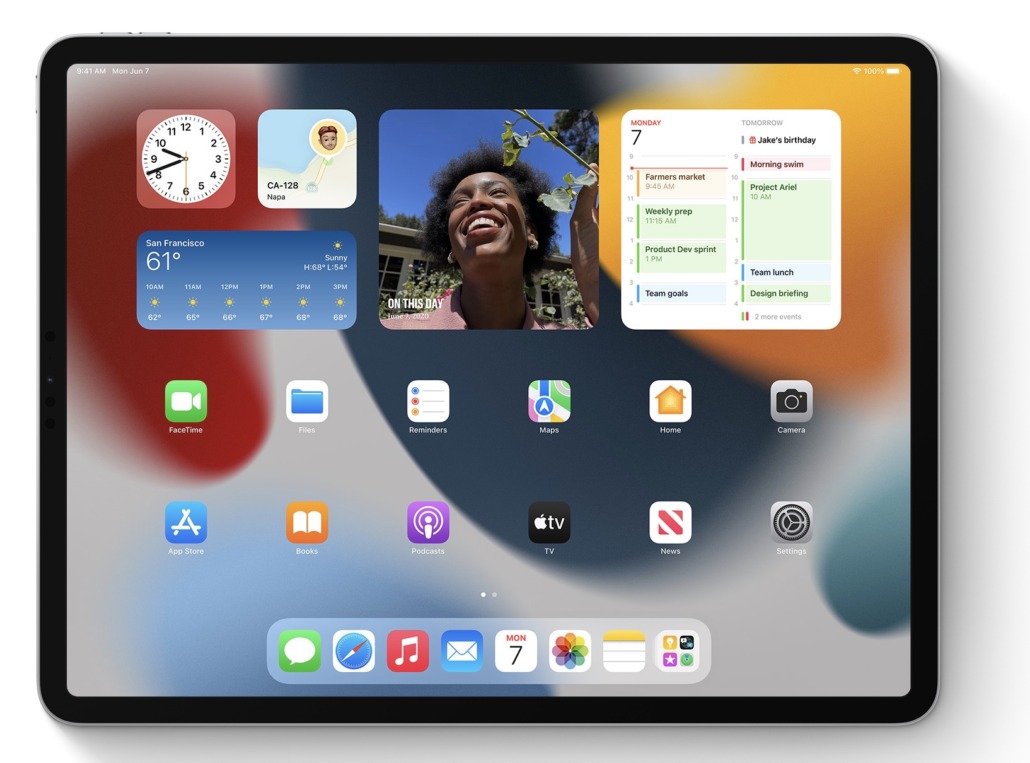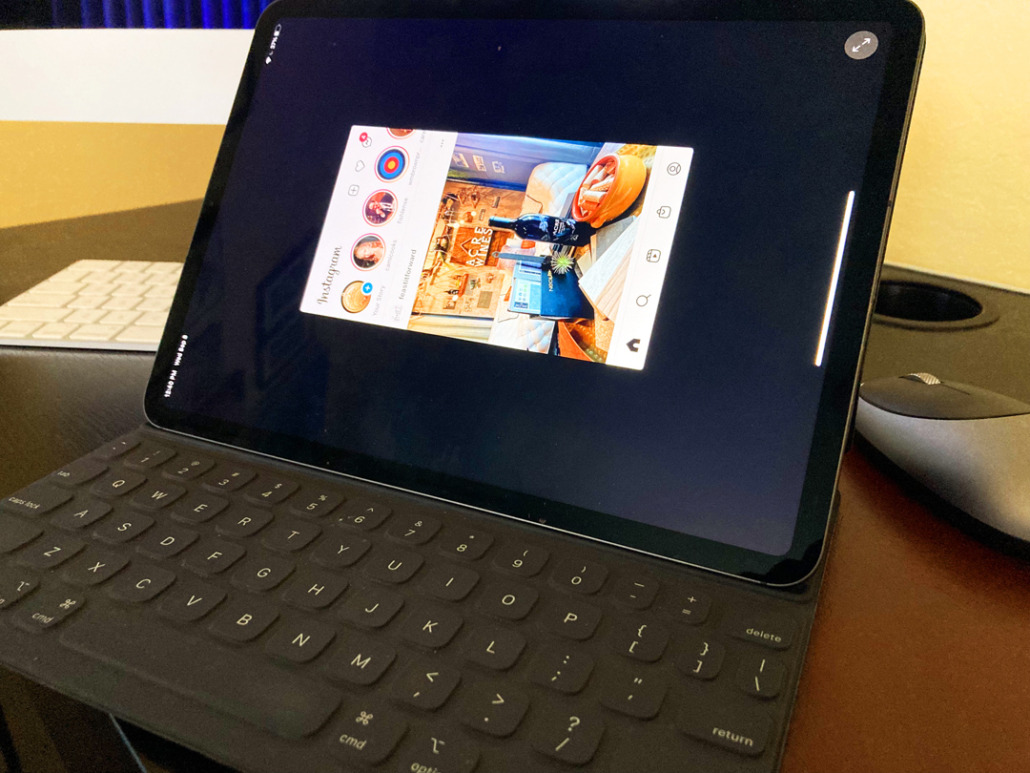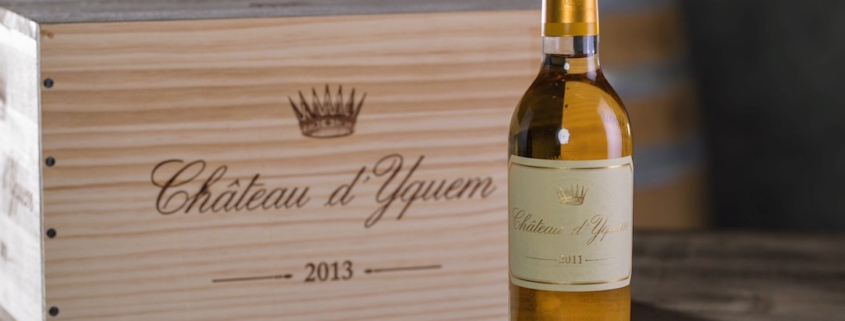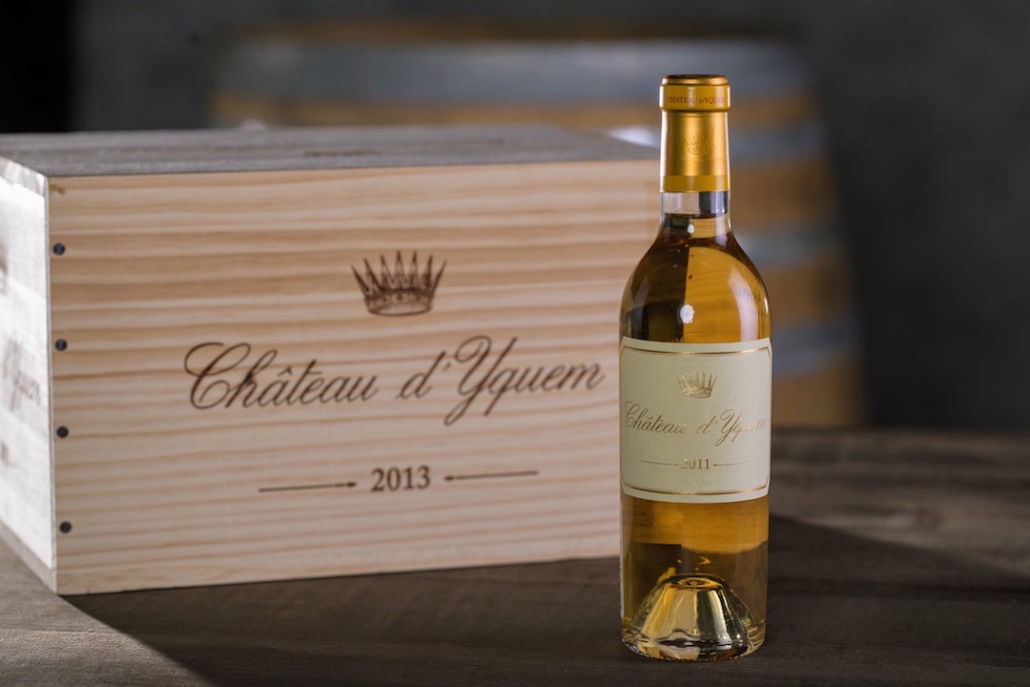
Vinfolio, one of the country’s leading fine wine companies, recently announced the launch of a new cutting-edge fine wine investment program. Now, in addition to securing some of the most sought after wines by the bottle, Vinfolio clients can also gain access to a selection of investment-grade stock in original cases directly on the company’s e-commerce platform, or by working directly with Vinfolio’s executive team to build a bespoke fine wine investment portfolio.
“From the time of my initial investment in Vinfolio back in 2016, it seemed that the U.S. market was lacking a player who could bring the idea of fine wine as an investment opportunity to the mainstream in a clear and accessible way,” says Don St. Pierre, Executive Chairman of Vinfolio. “Now, with the addition of more than 5,000 cases of investment-grade wines to our platform and the launch of our full-service investment program, we are proudly assuming that mantle.”
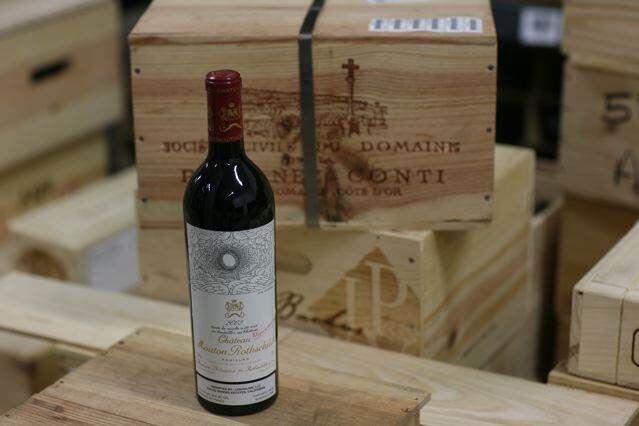
“Historically speaking, fine wine has outperformed many of the traditional asset classes available and we are seeing more and more people looking to diversify by building a wine portfolio,” Vinfolio President Adam Lapierre says. “We believe we are in a unique position to support clients embarking on this journey thanks to our deep knowledge of the collectible fine wine market, unmatched global network of suppliers and innovative business model. I’m particularly excited by our full-service investment program: the process is extremely simple, fully transparent and, at the same time, low cost to the investor. It’s a game-changer.”
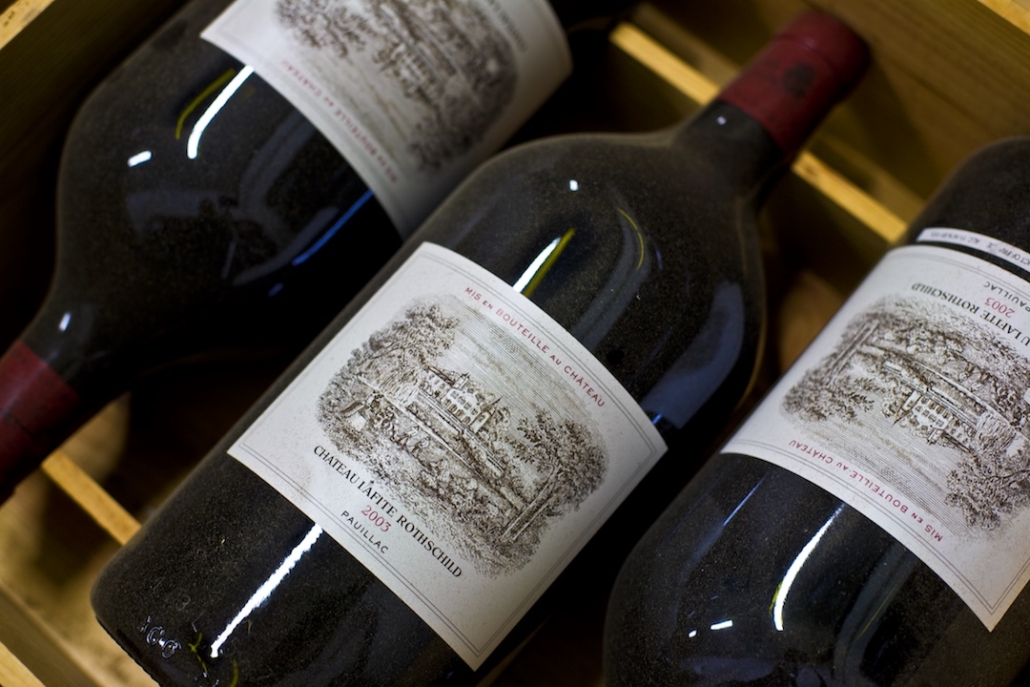
Vinfolio’s strength lies not just in the sourcing of fine wines at the best prices, but also in its use of technology to create a platform that provides both buyers and sellers with all the requisite tools and intelligence to successfully build and liquidate a wine portfolio. In addition to its marketplace platform, Vinfolio has proprietary access to crucial flow-data which lies at the heart of all our decision-making. The company’s algorithm dynamically looks at current U.S. retail listings, auction sale prices, and sales on its own platform to determine what is the current fair market value of a given wine. From there, Vinfolio can trigger buy or sell activities to ensure a sound investment and a healthy return.
Over the last three decades, investment-grade wine has performed very strongly against just about all major asset classes. Analysis of a representative selection of the foremost traded investment-grade wines reveals a Compound Annual Growth Rate of 11 percent since 1988. In context, the returns for U.S. Equities (DJIA), U.K. equities (FTSE), Asia equities (Hang Seng), Gold, and Oil for the same period were materially lower.
ABOUT VINFOLIO

Vinfolio is majority-owned by Executive Chairman Don St. Pierre Jr. and his business partner and good friend Allan Warburg, co-founder and co-CEO of Bestseller Fashion Group China. St. Pierre is the recipient of numerous wine industry accolades, including being named number seven on Decanter magazine’s 2011 Top 50 global wine industry power players and selected by Wine Enthusiast Magazine as the 2011 International Man of the Year. In 2012, the French government awarded St. Pierre Jr. the degree of Knight in the French Ordre du Mérite Agricole, and in 2015, he was appointed as a member of the supervisory board of Vinexpo Overseas. Vinfolio’s ownership also includes Jean-Michel Valette, who chairs the Education and Examination Board (EEB) of the Institute of Masters of Wine and is former chairman of Robert Mondavi Corporation and Peet’s Coffee, Jon Moramarco, former CEO of Constellation Brands, and Steve Case, founder of AOL and co-founder at venture capital firm Revolution
Visit https://www.vinfolio.com/wine-investing for more details on Vinfolio’s new investment initiative.
